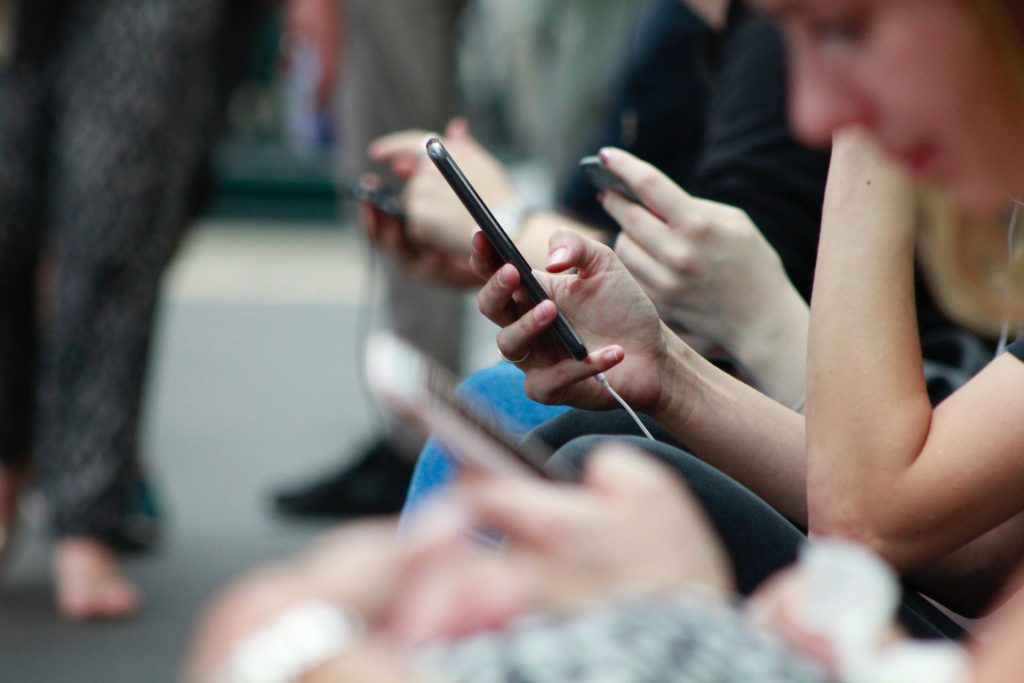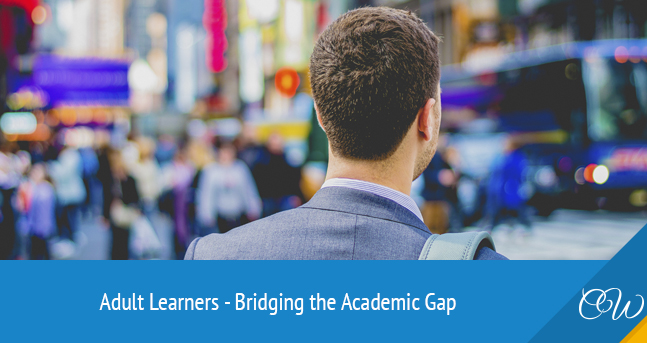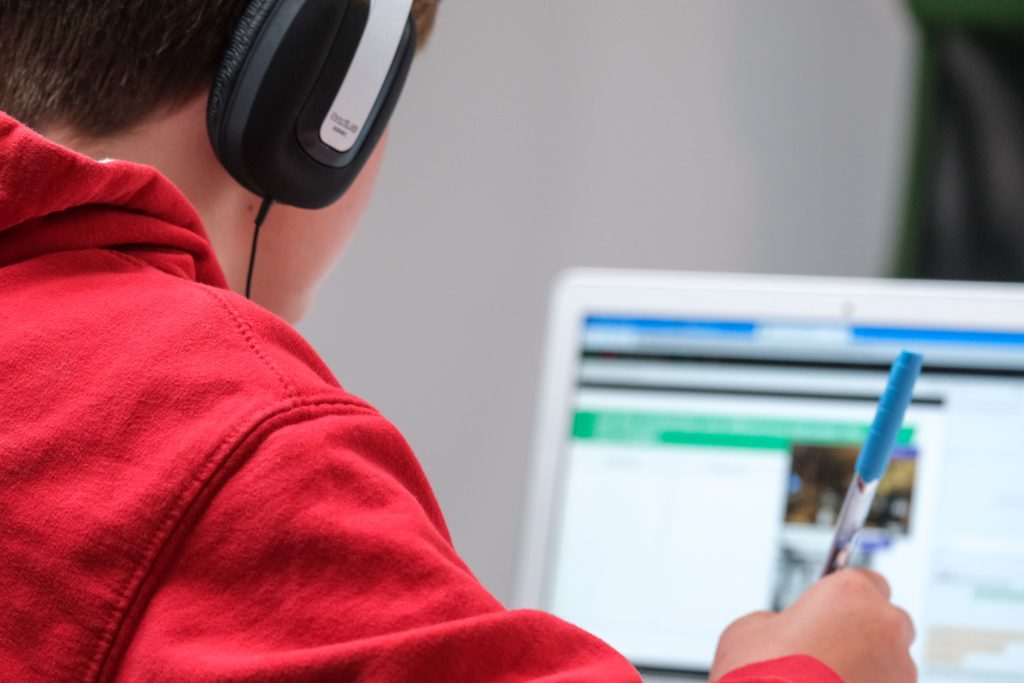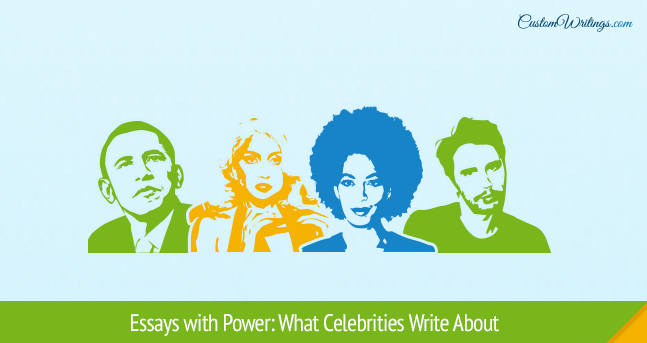As a growing field of study, digital media has shaped the society of the 21st century. Not only does it play a crucial role in every aspect of human life (from personal to business spheres), but it also has had a great impact on how information is both consumed and delivered via various forms. When thinking about spending a day (a single day!) free from checking social media accounts, most people get uncertain and even terrified. For most individuals all over the globe, social media is not just part of life; it is life itself. Although digital media seems to be bliss in the modern world, it has both pros and cons. Let’s dive in!
Advantages of Digital Media
It’s no doubt that with all the social media platforms came loads of benefits. Life seems to be getting easier. Tasks get done faster than ever while everyone you love is just a click away despite living in faraway lands. The key benefits of digital media are listed below:
- Usability. Usability tops the list. There are no boundaries in the world of digital media! In a couple of clicks, you can access tons of entertainment from all over the world at any given time. No language barriers or unnecessary waiting, just
constant updating. The world of digital media is being dramatically updated non-stop. Whatever it is that you’re dealing with – online learning with “please, write my essay for me” requests, digital news, or brand communities – everything is current. All the updates are performed automatically, which means you shouldn’t worry about missing anything important. And the best thing is that you don’t need to learn any other language to comprehend online information – there are websites containing materials in all possible languages, so you will always be well-informed. - Interactivity. As you check multimedia presentations or read texts posted online, you’re encouraged to take part in hot discussions and critical thought. Instead of absentmindedly switching TV channels, you interact with the other representatives of the digital media world. This communication can end up being both dynamic and thought-provoking. And that’s not even mentioning the constantly expanding inventiveness of every type of digital media from paid media (television, radio, internet, etc.) to earned media (public relations media channels).
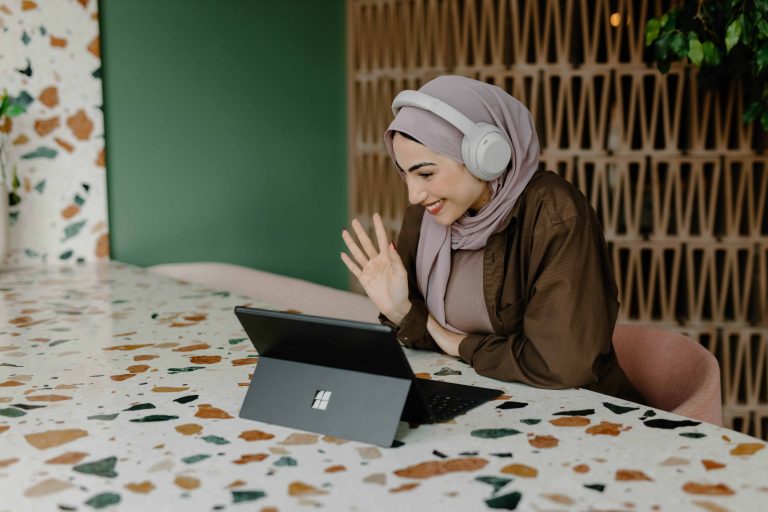
- Variety of content. Digital media knows no limits. All possible sorts of content are available to satisfy the most demanding users. Are you into the latest news from the lives of celebrities? Or, perhaps you’re a science geek looking for top social media paper ideas or trusted sources to check your new theory? Or, who knows, maybe you’re the next Coppola posting your phone-made videos on your account page? No matter what your interests are, you have access to a great variety of options on the web. It has never been easier to get the information that you need for either educational or entertainment purposes.
- Creativity. In addition to online content offering immediate pleasure, digital media gives a boost to… creativity! First of all, you can simply forget about limits that sound like “this is how things must go.” The freedom to explore creatively in order to reach a particular goal is provided to every user. Let’s say you’re a painter and looking for some opportunities to share your works with the world. On the internet, you can do that with ease. Sooner than you know, your works will be recognized by dozens of people from all over the planet. Are you on the lookout for tried-and-tested tools to advertise your business? On the web, you have the chance to demonstrate your innovative thinking, whether you’re dealing with a startup or ready to start a serious business.
Digital has changed how we interact, learn and work, it’s so convenient and connected. But as the digital world grows so does the complexity of managing its challenges especially for students. Balancing academic responsibilities with the distractions of a hyper connected world can be overwhelming. This is where services like write assignment for me come in. These platforms provide tailored help so students can stay on track while focusing on other important aspects of their academic and personal life.
Whether you’re sailing through a sea of deadlines or just looking for a fresh perspective on your work, professional help can ease the stress that digital amplifies. The key is to use these resources wisely and integrate them into a balanced approach to learning and productivity. Then you can make the most of the digital age without getting caught up in its pitfalls.
How About the Downsides of Digital Media?
There are spots even on the Sun. No matter how incredibly social media has changed the lives of people all over the world, it has also brought in a range of drawbacks that we simply can’t deny. So yes, the disadvantages seem to come as part of the package.
- Money. A typical problem, whatever the field. The reality is that the cost of digital devices is usually higher than that of traditional gadgets. In other words, some people may have no access to a PC or the internet. What is more, a lot of individuals have no idea how to use modern tools. Thus, they’re in need of help that never comes free of charge.
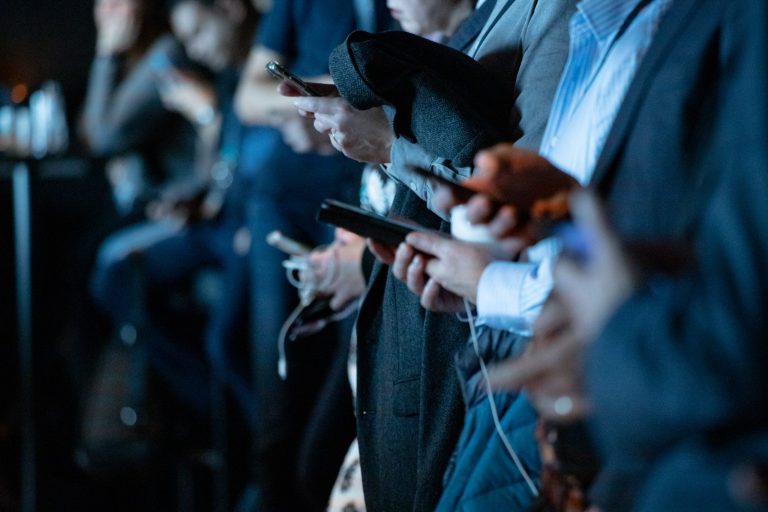
- Life gets digitalized. One of the main drawbacks of digital media is that it takes people far from the world of nature. When people spend most of their time online, the real world seems not to exist. They’re plugged in without noticing how harmful staring at the screen is for their eyes and health in general. Instead of spending time with family and friends breathing fresh air, camping, or doing whatever one enjoys outdoors, people seem to be glued to their screens. While some individuals are busy with work tasks that include using social media platforms, a lot of people tend to pointlessly scroll their newsfeed wasting their precious time staring at cats.
- No privacy guaranteed. Social media platforms are the reflection of our lives today. It’s so easy to find someone you work or study with. Anyone can go to your social media profile and see what you’re up to and the places you visit most often (i.e., the potential places to find you!). With all the videos, photos, stories, and other content, privacy is something that seems to have been left in the previous century. However, the danger of sharing personal info should not be discounted.
- Work overload. A lot of today’s employees spend their days browsing dozens of emails with every message requiring their attention and proper, well-thought-out reply. Even on weekends or holidays, people find themselves busy with online communication, which means they have zero rest from work. As a result, they feel intense fatigue and face various health conditions as a result of the absence of cyber-free days in their life. At the same time, assembling tons of cyber data like presentations, tutorial videos, reports, and photos for work can also turn into a headache.
As you can see, digital media has become an integral part of every aspect of people’s lives. Whether it’s TV, photography, office work, shopping, dating, long-distance relationships, travel, or music – everything has been transformed with techs incorporated. Despite all the advantages mentioned above, the drawbacks are visible here and there. For that reason, one must find balance and common sense in everything. After all, nothing can replace the human touch.
With all the resources at digital media’s disposal, students and researchers have never had more access to information and tools. But sometimes that digital overload can be a problem, especially when it comes to big academic projects like dissertations. For those tackling such tough tasks, help with dissertation services can be a lifesaver. These platforms will guide you through the research, writing, and formatting so your work meets the highest academic standards.
Plus, with the increasing reliance on online tools for learning, digital media is both a resource and a distraction. Balancing research with time management is key, especially when working on demanding assignments like a Cold War history essay. Professional help can take that burden off your shoulders so you can focus on innovation and critical thinking. By using such support, you can harness the benefits of the digital world, overcome its challenges, and achieve academic success in this connected age.
Recommended reads
